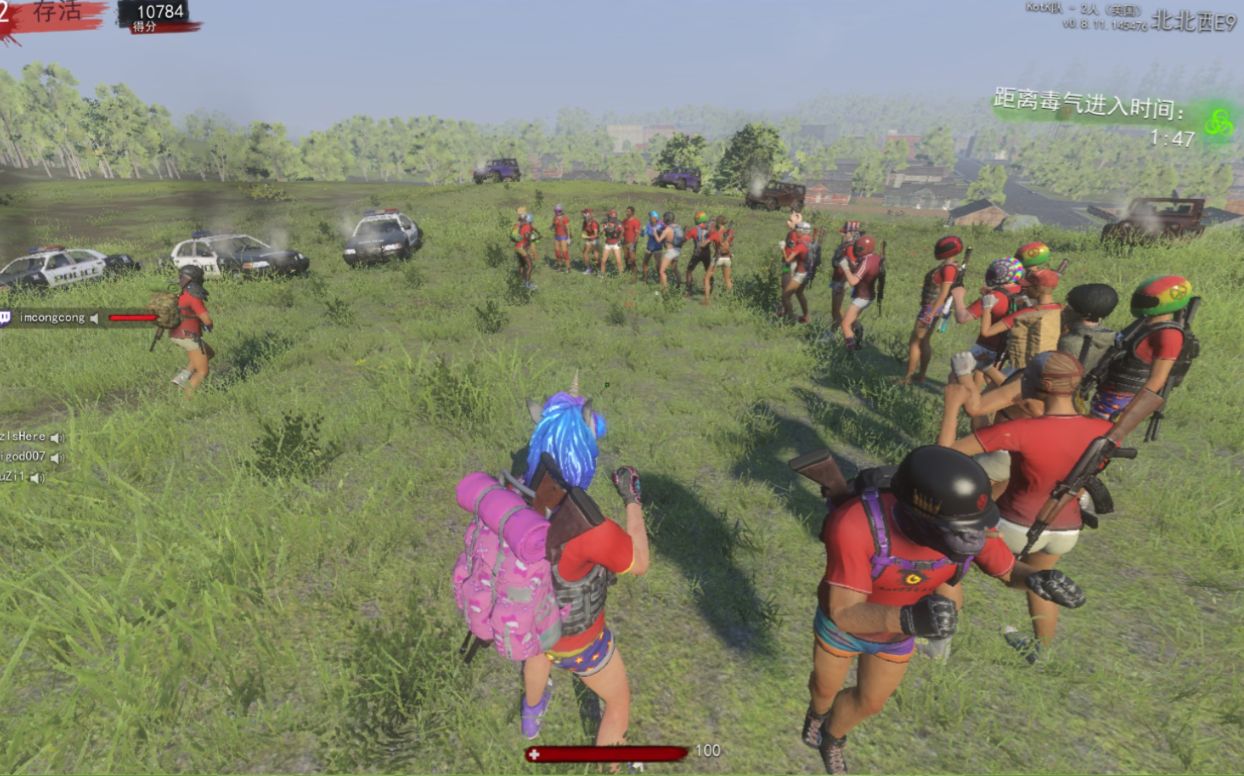
Abstract
In this paper, we will look at how Chinese youth perform nationalism through player-devised play methods. We argue that as young players become more politically conscious, they are negotiating their politics through play. Within these play situations, players are solidifying their individual beliefs while finding like-minded players. However, players are also establishing a nationalism that is defined not only through a set of core characteristics, but also through an active rejection of the politics embedded within western-oriented digital spaces, by playing in non-standard ways. Through transgressive play methods, players are countering hegemonic western politics present in commercial games and replacing them with their own nationalist politics through player-enforced rules, discussed through internet forums and preserved through memorial videos on online websites. We will look at two specific case studies: firstly, we will look at the Red Shirt Army, a streaming community in H1Z1, where players acted out Chinese military superiority by flouting the four player limit originally set by the designers; secondly, we will look at the Great Socialist Production play method, where Chinese players went against the morality set in Frostpunk, a steampunk game by Polish developers, by arguing that greater societal prosperity was more important than “white left” moral posturing.
Image: Screenshot showing the Red Shirt Army in H1Z1 (Bilibili, 2017)
- play methods,
- nationalism,
- youth,
- china,
- cyber-nationalism,
- play communities,
- player cultures
